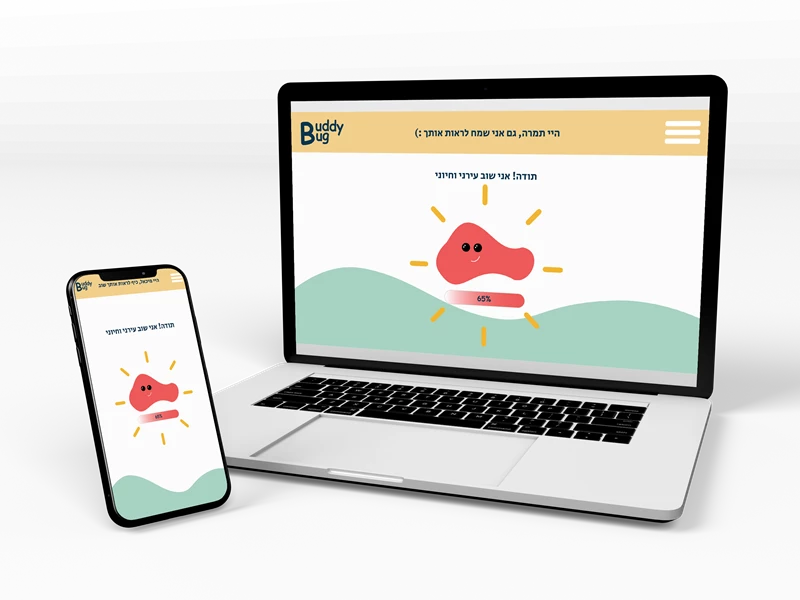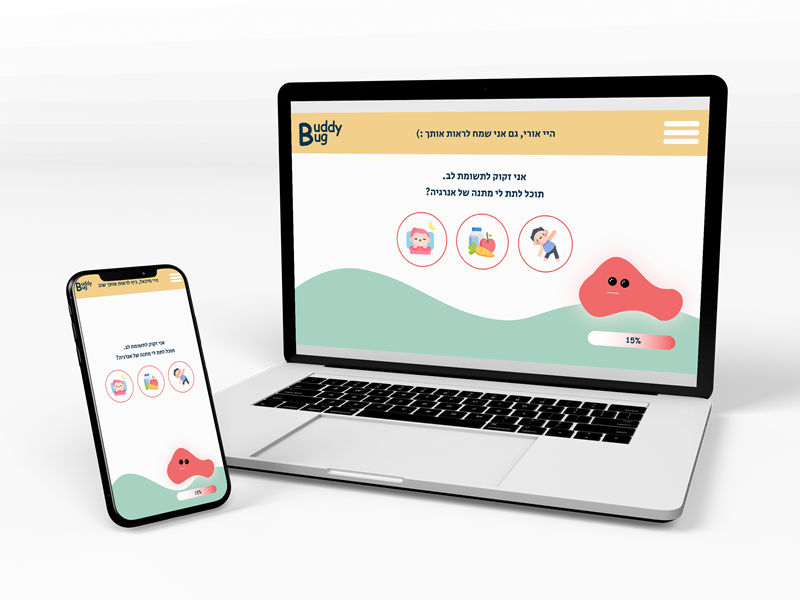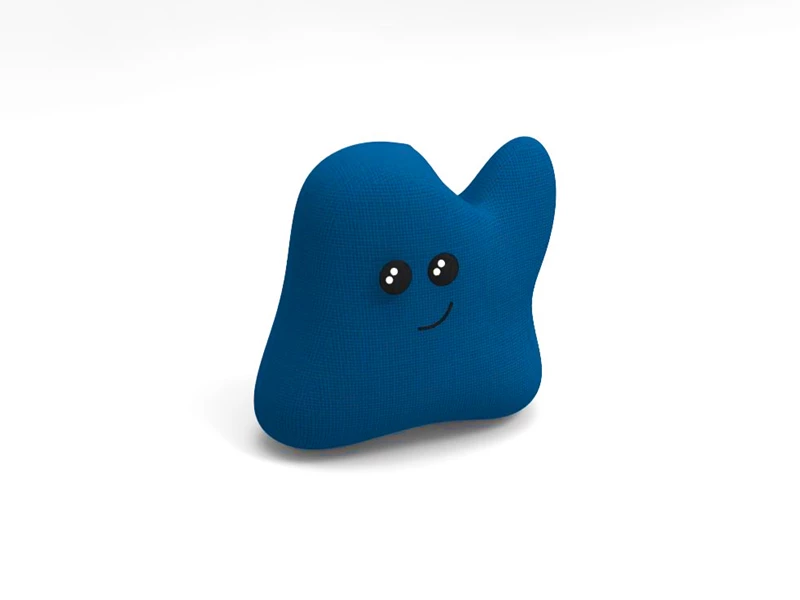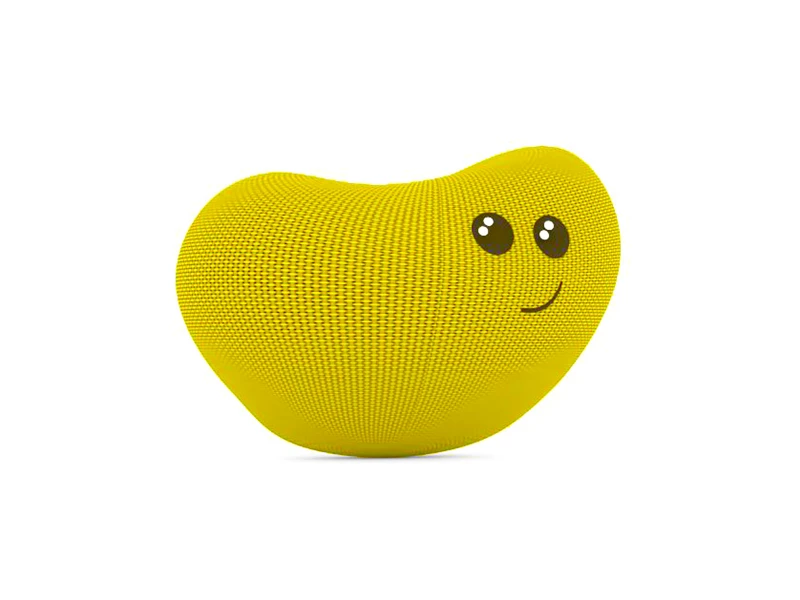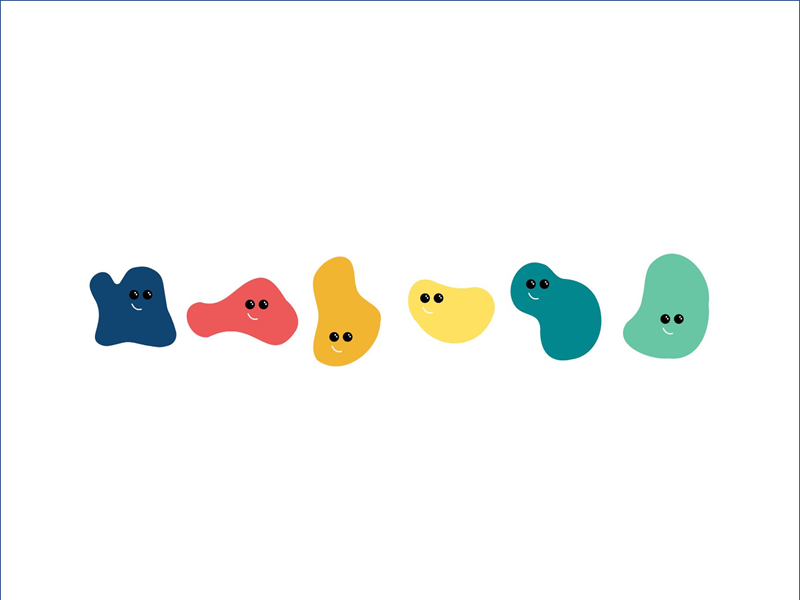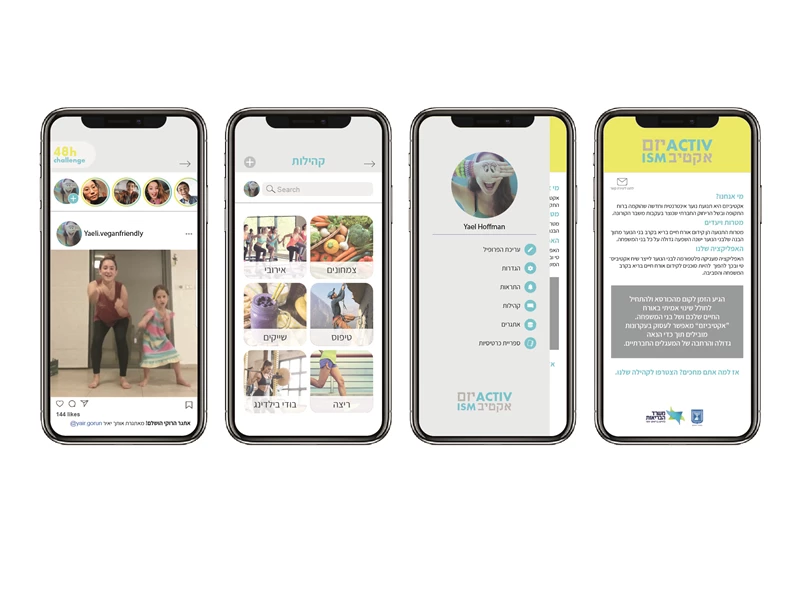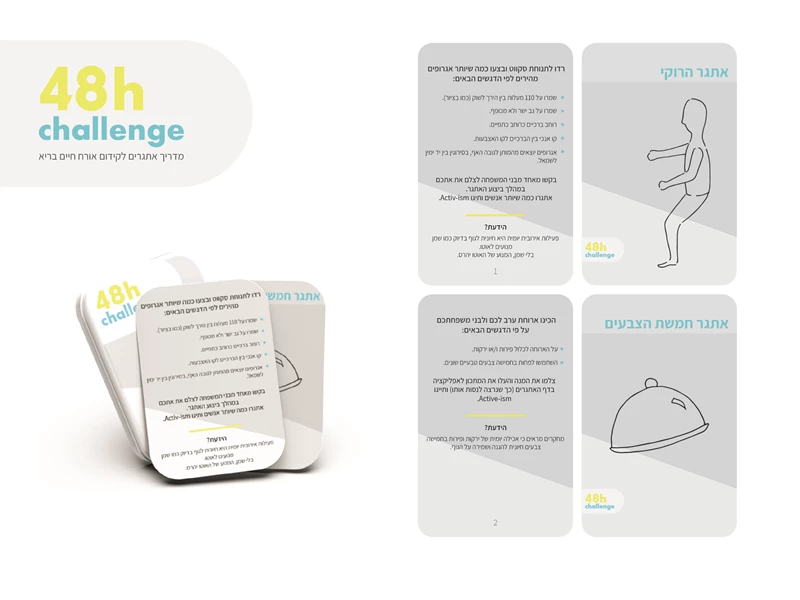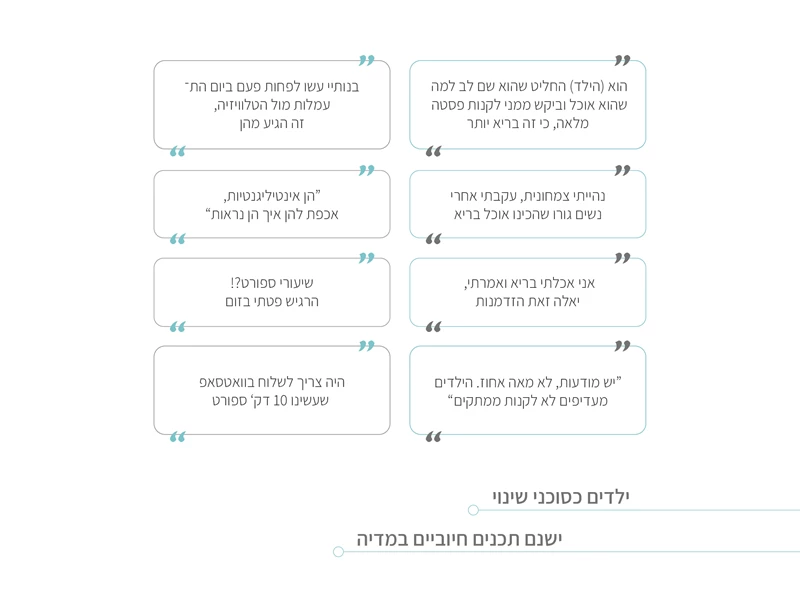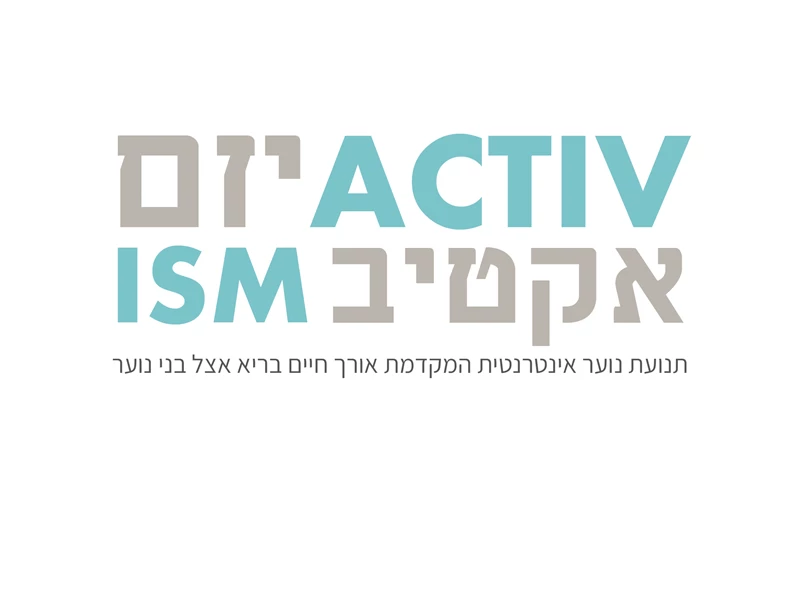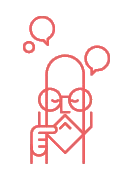About the course
Service design is a field of study that employs design methodologies for planning processes and systems for the public and business sectors and the common characteristics they share. While traditionally design focused on physical planning, the design of services entails work plans, consolidation and definition of processes, information accessibility, communication and interface mapping between the physical and digital dimensions, and use of additional materials. This study field stemmed from the increasing understanding of the design role in building significant processes in the public sphere and within complex systems, in a way that addresses the many variables, differing needs, and partners of each project. There are currently large-scale projects being implemented in healthcare systems, municipal services, banking, academia, and the business sector—all led by designers as they work to provide better quality services and add value to users. The course is an intensive workshop in which students learn contemporary service design research methods and apply them to produce a program proposal that includes all system components and their chosen design solutions.
This year's theme focused on nutrition and active lifestyle choices for children and teens during times of routine and emergency (including the current COVID crisis with its subsequent restrictions, social distancing, shutdowns, isolations, etc.).
